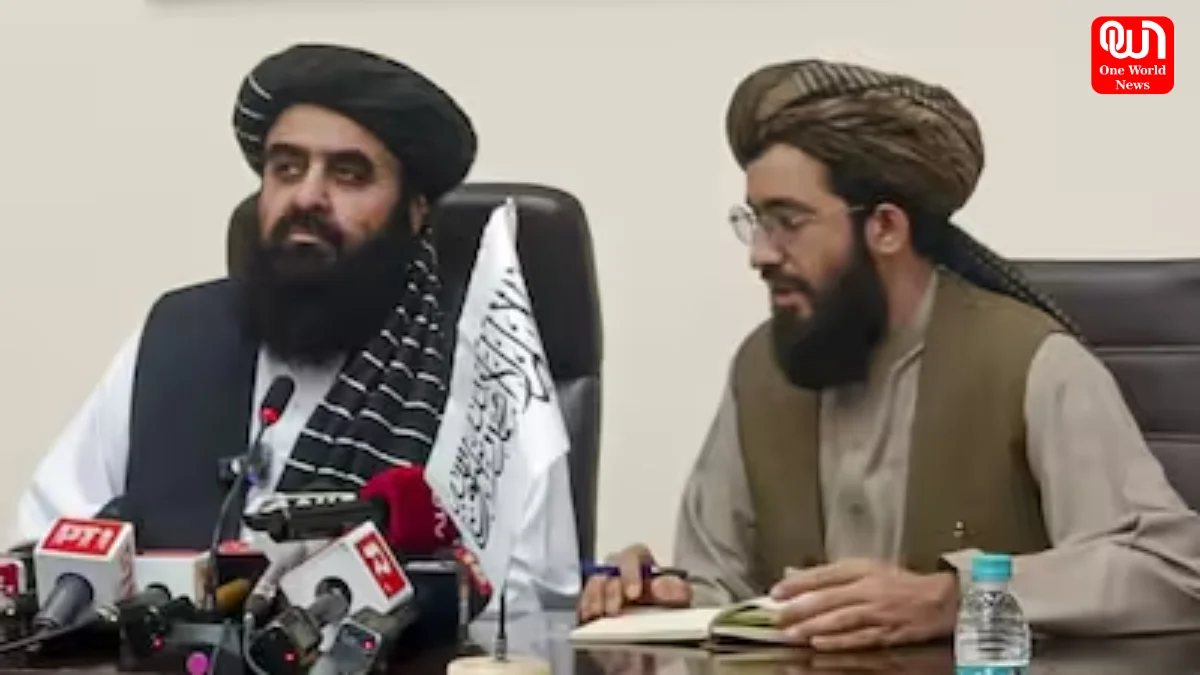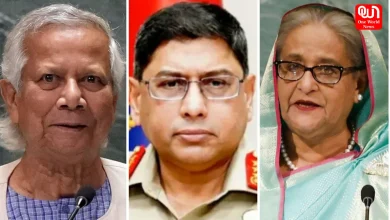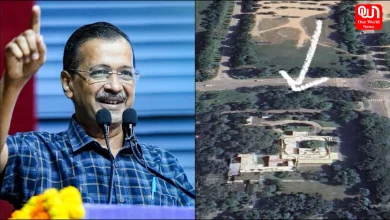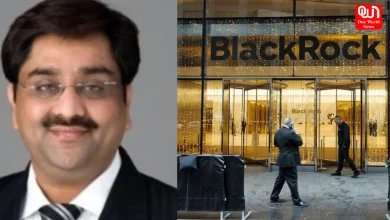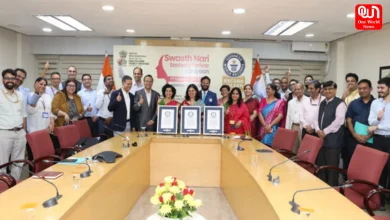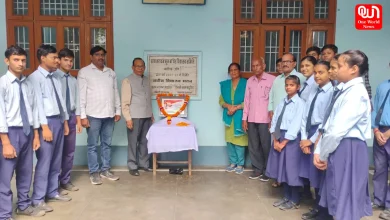MEA Responds Amid Controversy Over Taliban Minister’s Male-Only Press Meet in Delhi
MEA clarifies no involvement in Taliban Minister’s press meet as female journalists protest exclusion during Delhi briefing.
MEA Clarifies No Involvement as Taliban Minister Amir Khan Muttaqi Holds Male-Only Press Meet, Sparking Outrage Among Female Journalists in Delhi
MEA Clarifies Role in Controversial Press Interaction
The Ministry of External Affairs (MEA) on Saturday clarified that it had no role or involvement in the press interaction held on Friday in New Delhi, where Afghanistan’s Taliban Foreign Minister Amir Khan Muttaqi addressed reporters. This statement comes after widespread criticism over the absence of female journalists at the briefing.
Read more: Mobile Internet Suspended In Pakistan’s Islamabad and Rawalpindi Amid TLP March and Kabul Air Raids
Exclusion of Women Journalists Sparks Outcry
Several female journalists raised concerns over the exclusion, questioning how a press conference could take place on Indian soil without inviting women reporters. Broadcaster Geeta Mohan of India Today expressed her dismay on social media, calling the move “unacceptable” and highlighting the discriminatory nature of the press meet. Nayanima Basu further criticized the event, asking how such deliberate exclusion could be allowed under the Indian government’s supervision.
Political Reactions and Opposition Criticism
The press interaction drew sharp criticism from political leaders and opposition parties. Congress spokesperson Shama Mohamed questioned the Taliban’s authority to impose discriminatory practices on Indian soil, describing the event as an affront to women’s rights. Trinamool Congress MP Mahua Moitra suggested that male journalists should have exited the room in protest, highlighting the lack of solidarity with female colleagues. Moitra’s comments on X emphasized the apparent acquiescence of Indian authorities in granting full protocol to the Taliban representative despite the exclusion of women journalists.
Taliban’s Diplomatic Engagements Amid Isolation
The Taliban government has faced significant international isolation due to its restrictive policies, particularly those affecting women. While countries such as China and the United Arab Emirates have engaged in diplomatic talks, the group remains largely unrecognized globally. Russia, in July, became the first nation to formally recognize the Taliban administration. In this context, India’s recent decision to reopen its embassy in Kabul and upgrade diplomatic ties with Afghanistan’s Taliban government has been seen as a strategic move, providing legitimacy to the otherwise diplomatically isolated group.
Implications for India’s Diplomatic Conduct
The incident raises important questions about India’s handling of international diplomatic engagements, especially regarding gender representation and human rights issues. The MEA’s statement of non-involvement attempts to distance the government from the controversy, yet opposition leaders argue that allowing a Taliban official to hold a male-only press meet in the heart of Delhi sends the wrong message about India’s stance on gender equality.
Future of Press Engagements with Taliban Officials
As Afghanistan continues to engage with countries around the world, media access and representation remain sensitive topics. India’s decision to host Taliban diplomats will likely attract continued scrutiny, particularly if similar exclusions occur in future press briefings. Advocates for women journalists insist that equal representation must be ensured in all international engagements on Indian soil, warning that failure to do so undermines India’s commitment to gender equality and press freedom.
Read more: ‘Playing With Fire’: SIR Stir Erupts In Bengal As Mamata Targets CEO, BJP Demands Action
Conclusion
The male-only press meet by Taliban Foreign Minister Amir Khan Muttaqi has ignited a debate over India’s diplomatic approach and the role of the MEA. While the ministry has clarified its non-involvement, the controversy underscores ongoing concerns about gender discrimination, press freedom, and the optics of hosting internationally controversial figures. With heightened scrutiny from both media and politicians, India’s handling of such diplomatic engagements will remain a key point of public and political interest.
We’re now on WhatsApp. Click to join.
Like this post?
Register at One World News to never miss out on videos, celeb interviews, and best reads.

